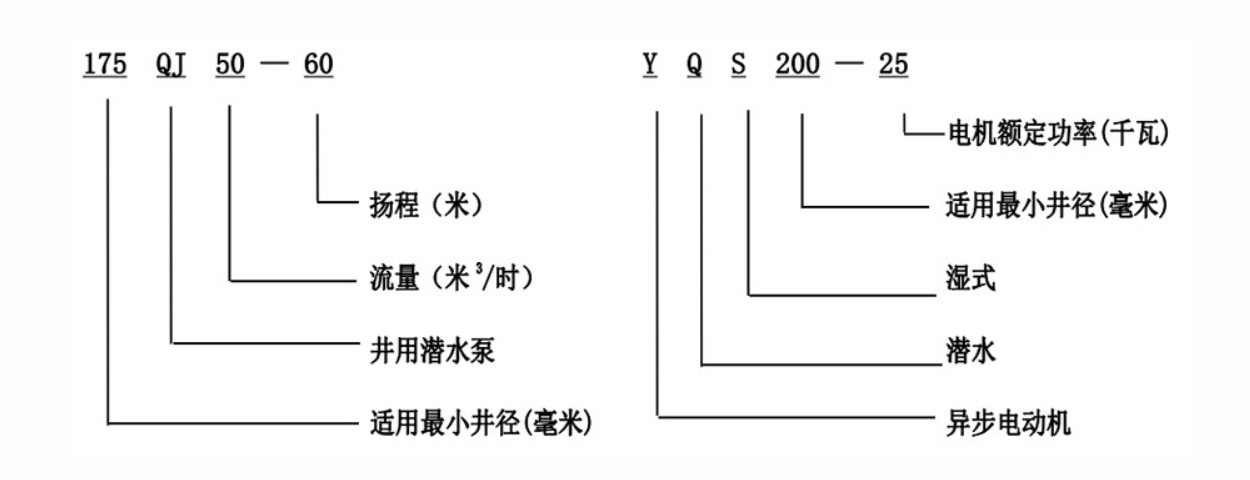Nov . 17, 2024 14:15 Back to list
submersible irrigation pumps
Submersible Irrigation Pumps A Comprehensive Overview
In the realm of agricultural practices, efficient water management plays a critical role in ensuring optimal crop yields. One of the most effective tools employed for this purpose is the submersible irrigation pump. These pumps, designed to operate underwater, have revolutionized the way farmers manage water resources. This article delves into the functionalities, advantages, applications, and considerations involved in using submersible irrigation pumps.
Understanding Submersible Irrigation Pumps
Submersible irrigation pumps are hydraulic machines designed to push water to the surface from underground sources, like wells or boreholes. Unlike traditional pumps, which are situated above the water source, submersible pumps are fully submerged in the water they are pumping. They consist of a motor, an impeller, and a series of stages to increase pressure. The submersion of the pump body keeps it cool and significantly reduces the risk of overheating, making them an efficient choice for large-scale irrigation.
Advantages of Submersible Irrigation Pumps
1. High Efficiency Submersible pumps are known for their high efficiency in moving water. Their design allows them to operate at a higher head, which means they can lift water from greater depths compared to surface pumps.
2. Space-saving Design The compact design of submersible pumps enables them to save valuable space above ground, allowing for easier integration into the agricultural landscape without taking up much room.
3. Less Maintenance Because the pump is submerged, it is protected from external environmental factors like debris or extreme weather conditions, resulting in lower maintenance requirements.
4. Versatility These pumps can be used for various applications, from agricultural irrigation to household water supply and even in industrial settings. Their ability to handle dirty water with solid particles makes them suitable for diverse environments.
5. Energy Efficiency With advancements in technology, modern submersible pumps are more energy-efficient than older models, contributing to lower operational costs in the long run.
Applications of Submersible Pumps
Submersible irrigation pumps find applications in various settings
submersible irrigation pumps

- Agricultural Fields These pumps are widely used in agricultural irrigation systems, particularly in regions relying on groundwater resources
. They can deliver water efficiently to crop fields, ensuring adequate moisture levels for optimal plant growth.- Residential Use Homeowners often utilize submersible pumps to draw water from wells for domestic use, including drinking water, gardening, and landscape irrigation.
- Industrial Applications Industries requiring large volumes of water for processes or cooling systems use submersible pumps due to their efficiency and reliability.
- Fountains and Aquaculture They are also utilized in decorative fountains and aquaculture systems, where consistent water circulation is crucial for maintaining ecosystem health.
Considerations When Choosing a Submersible Pump
Selecting the right submersible pump involves several considerations
- Depth of Water Source Understanding the depth from which water needs to be lifted is essential for choosing a pump with the appropriate head capacity.
- Flow Rate Requirements Different crops and applications require varying flow rates. It’s crucial to match the pump’s performance to the specific water demand.
- Material and Build Quality Given that submersible pumps are exposed to water and potentially aggressive environments, selecting pumps made from corrosion-resistant materials can enhance longevity.
- Power Supply Ensure that the chosen pump is compatible with the existing power supply, whether it’s electric or solar-powered.
Conclusion
Submersible irrigation pumps serve as a vital tool in modern agriculture, enhancing water management efficiency and productivity. Their advantages, including high efficiency, low maintenance, and versatility, make them an indispensable asset for farmers, homeowners, and industries alike. By carefully considering the specific requirements and conditions of use, one can select an optimal submersible pump that meets their water management needs effectively. In a world where water scarcity is an increasing concern, investing in the right irrigation technology can lead to sustainable practices that benefit both farmers and the environment.
-
Submersible Water Pump: The Efficient 'Power Pioneer' of the Underwater World
NewsJul.01,2025
-
Submersible Pond Pump: The Hidden Guardian of Water Landscape Ecology
NewsJul.01,2025
-
Stainless Well Pump: A Reliable and Durable Pumping Main Force
NewsJul.01,2025
-
Stainless Steel Submersible Pump: An Efficient and Versatile Tool for Underwater Operations
NewsJul.01,2025
-
Deep Well Submersible Pump: An Efficient 'Sucker' of Groundwater Sources
NewsJul.01,2025
-
Deep Water Well Pump: An Efficient 'Sucker' of Groundwater Sources
NewsJul.01,2025
-
 Submersible Water Pump: The Efficient 'Power Pioneer' of the Underwater WorldIn the field of hydraulic equipment, the Submersible Water Pump has become the core equipment for underwater operations and water resource transportation due to its unique design and excellent performance.Detail
Submersible Water Pump: The Efficient 'Power Pioneer' of the Underwater WorldIn the field of hydraulic equipment, the Submersible Water Pump has become the core equipment for underwater operations and water resource transportation due to its unique design and excellent performance.Detail -
 Submersible Pond Pump: The Hidden Guardian of Water Landscape EcologyIn courtyard landscapes, ecological ponds, and even small-scale water conservancy projects, there is a silent yet indispensable equipment - the Submersible Pond Pump.Detail
Submersible Pond Pump: The Hidden Guardian of Water Landscape EcologyIn courtyard landscapes, ecological ponds, and even small-scale water conservancy projects, there is a silent yet indispensable equipment - the Submersible Pond Pump.Detail -
 Stainless Well Pump: A Reliable and Durable Pumping Main ForceIn the field of water resource transportation, Stainless Well Pump has become the core equipment for various pumping scenarios with its excellent performance and reliable quality.Detail
Stainless Well Pump: A Reliable and Durable Pumping Main ForceIn the field of water resource transportation, Stainless Well Pump has become the core equipment for various pumping scenarios with its excellent performance and reliable quality.Detail
